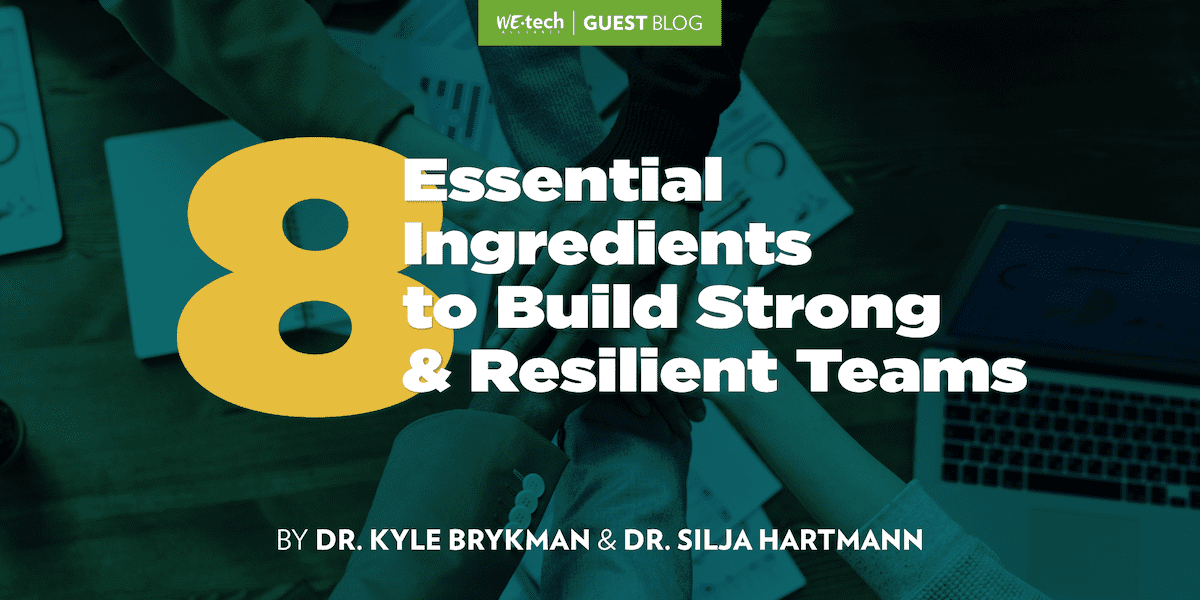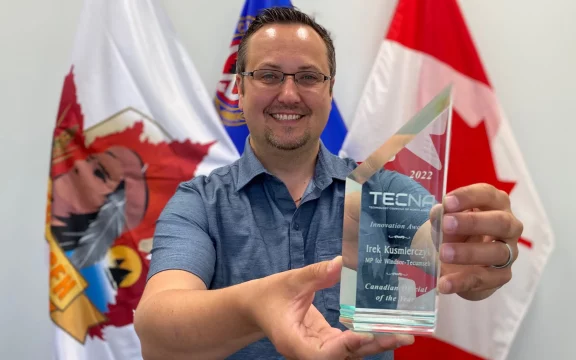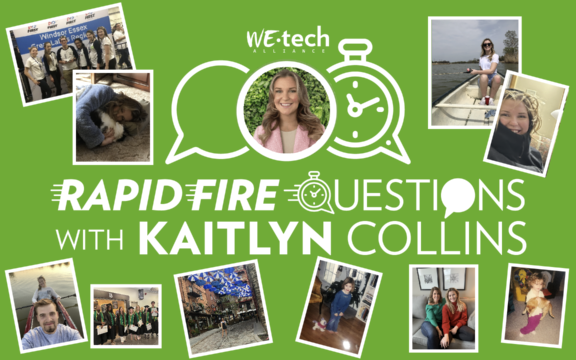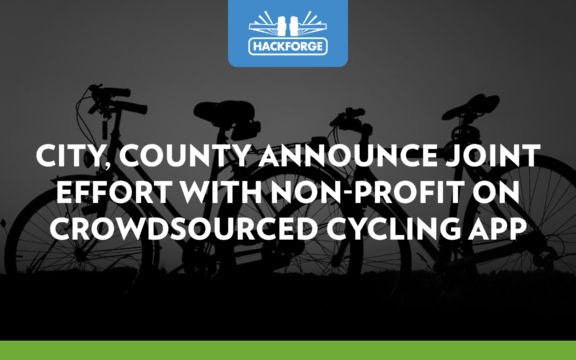Teams are the cornerstone of most modern organizations. Working collaboratively with others allows us to pool diverse knowledge and expertise, share difficult workload, brainstorm complex ideas, and experiment outside our comfort zones. As a result, teams can achieve greater performance, more effectively and efficiently, than lone individuals.
But teamwork is also challenging. Poor communication, coordination, conflict management, and leadership are just some of the many dysfunctions that can impair effective team integration. Coupled with an increasingly pressure-filled and turbulent business contexts, it is imperative that organizations learn how to build strong teams capable of overcoming adversity.
But how do you create highly resilient teams? In this article, we highlight 8 essential ingredients.
Support
1. Psychological Safety
Resilient teams boast psychologically safe team environments, in which team members feel safe taking interpersonal risks, like speaking up with ideas or concerns, without fearing judgement or punishment. Overcoming adversity demands a free flow of information. When faced with adversity, success hinges on team members feeling supported to share information and half-baked ideas, and confident that people truly care about what they have to say. ASK: Do team members feel safe speaking up with ideas, concerns, questions, and information?
2. High-quality relationships
Resilient teams build high-quality relationships among team members. High-quality relationships entail demonstrating empathy and mutual support for each team member, such as by emphasizing their value and worth to the team. In turn, high-quality relationships motivate team members to notice when someone is struggling, provide assistance when someone needs it, and ask for help when they are overloaded. As such, they reduce feelings of anxiety and empower teams to collectively cope with adversity. ASK: Do we care for and mutually support each other?
Adapt
3. Improvisation
Resilient teams adjust their work approaches and strategies “on the fly” by gathering relevant information, compensating for each other, and reallocating resources. They are nimble and flexible – vigilant and capable of identifying when a strategy shift is required and empowered enough to make meaningful changes. ASK: Do you collectively adjust your work approaches when necessary?
4. Reflexivity
Resilient teams consciously reflect upon strategies, processes, norms, and decision outcomes, and adapt them to current or anticipated circumstances. By regularly and effectively reflecting on what is and is not working (and how and why), resilient and reflexive teams are able to proactively address threats before they arise. Reflexivity also helps team members get on the same page and take self-corrective action. ASK: Do you collectively reflect on what is and is not working?
Aligned
5. Shared Mental Models
Resilient teams develop a common understanding of team members (knowledge, roles, responsibilities) and the team environment (goals, norms, purpose). As such, they are able to seamlessly communicate and coordinate when unexpected situations threaten their plans and goals. For example, shared knowledge allows members to quickly determine when something is ‘‘out of place’’ and guides coordinated responses ASK: Do you work to ensure a common understanding of the team’s goals and norms, and team members’ roles and expertise?
6. Collective Identification
Resilient team members are strongly committed and emotionally attached to the team. They think in terms of “we”, not “I”, and derive much of their personal identity from being a member of the team. In turn, they are willing to give their all for the team, even when the deck seem stacked against them. ASK: Do team members share a sense of “We” (togetherness)?
Energy
7. Team Confidence
Resilient teams believe in their collective capacity to successfully complete tasks and accomplish their goals. With their backs against the wall, resilient teams never waiver in their belief that they can thrive and overcome the obstacle. This collective confidence gives the team fuel to persevere through the most difficult situations. ASK: How much confidence do team members have in the overall team?
8. Positivity
Resilient teams build a culture of positive energy, which includes sharing positive emotions, like joy or optimism. Collectively experiencing positive emotions helps buffer against negative and stressful teams experiences, while also enhancing team members’ cognitive flexibility and creativity. ASK: Do you foster and maintain a positive team emotional culture?
Building Strong Entrepreneurial Teams
Interested in learning more about how to build strong teams in entrepreneurship? Drs. Brykman & Hartmann are running a study on this topic!
Visit their website (teamadversity.com) or contact Dr. Brykman directly (kbrykman@uwindosr.ca) to learn more about this exciting opportunity!

Dr. Kyle Brykman is an Assistant Professor of Management at Odette School of Business, University of Windsor. His research focuses on voice and interpersonal team dynamics, including team resilience and conflict.

Dr. Silja Hartmann is a Postdoctoral Research and Teaching Fellow at the Freie Universität Berlin. Her research investigates contexts of change, setbacks, and crisis. Specifically, she is interested in how employees and teams experience and make sense of such context and which factors enable individuals and teams to positively deal with adversity and grow from it.







































































































